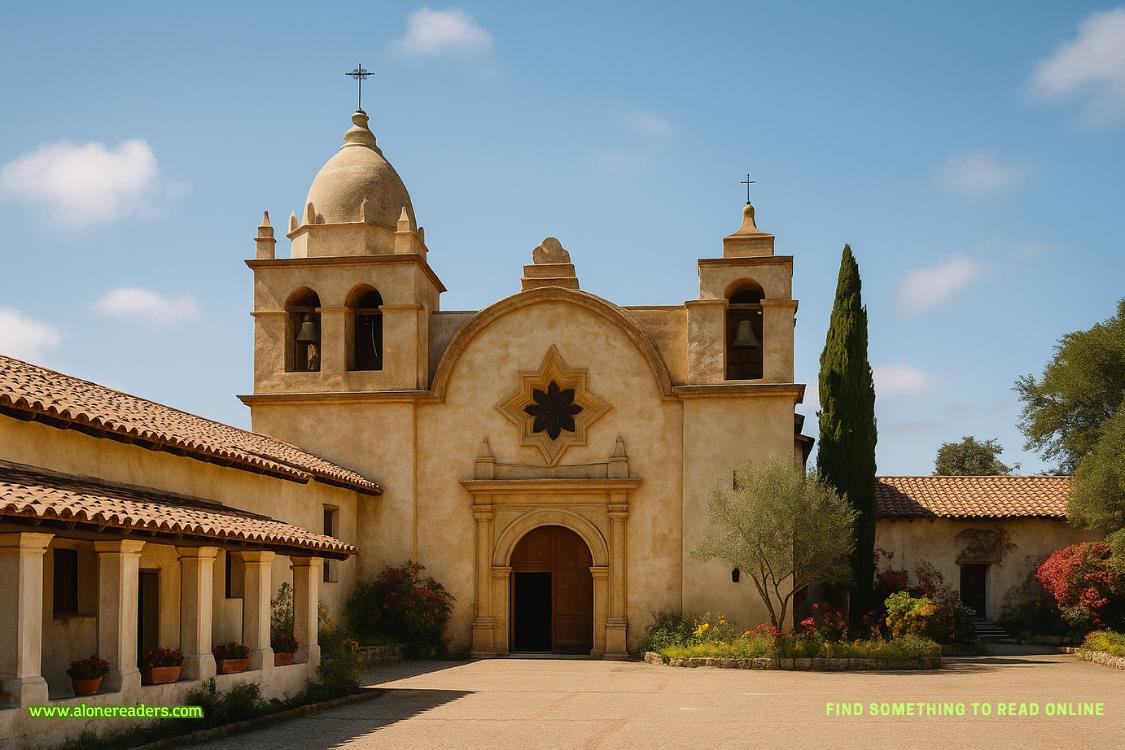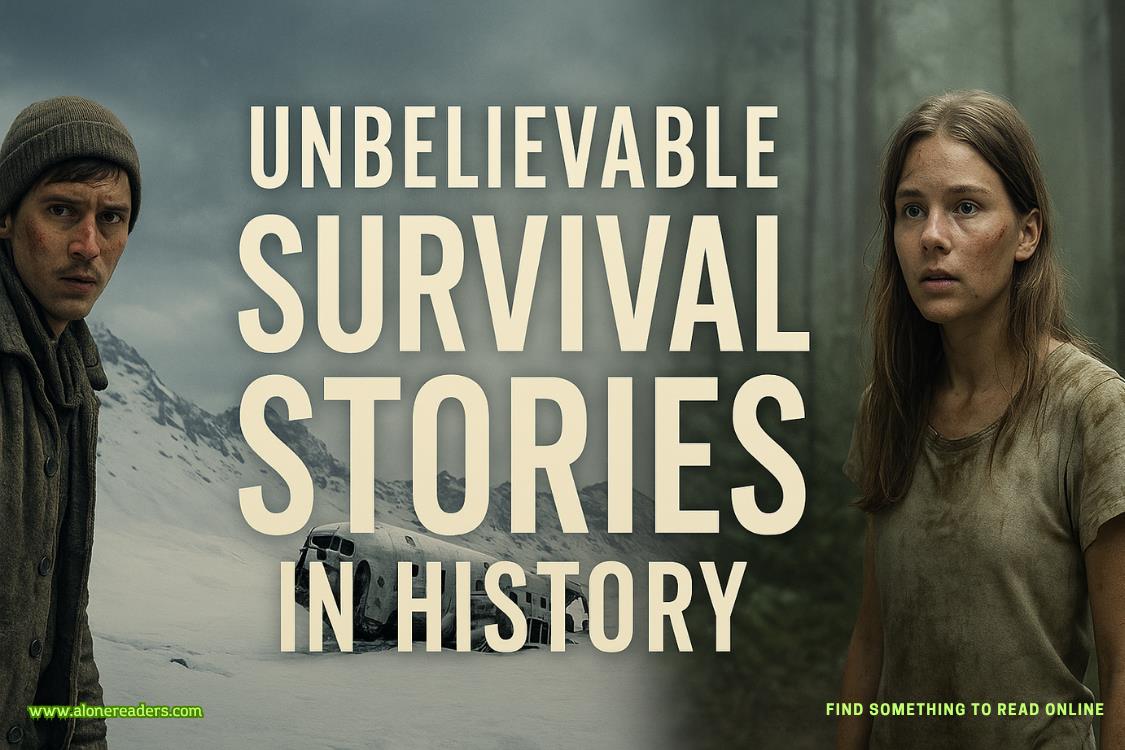Page 92 of Beyond the Shadowed Earth
“Only because you poisoned me, my dear. An interesting choice. I thought the sores in my mouth were making my food taste odd, not the other way around.” He shrugged, and took a long drink from his wine goblet. “Live and learn, I suppose. Or rather, die.” He laughed more than his strange joke merited, and it took him a moment to sober up again. “The point is, you took something that did not belong to you. And now you must pay the price.”
“The gods promised me the Empire. I made a deal with them.”
“Ah, yes. But it is a tricky thing, is it not, dealing with the gods?”
Eda fidgeted on her cushion. “I held up my end of the bargain. They didn’t hold up theirs. And in any case—” She jerked upright and paced over to the balcony, wrapping her free hand around the sun-warmed stone railing. “In any case, what did the gods even do for me?Ibargained with and bribed my supporters.Iforged documents and mixed the poison into your food.Igot rid of Talia and built the temple and rescued Niren—”
“You mean ‘killed Niren,’ I suppose.”
Eda wheeled on him. “Isavedher. And then the gods took her anyway.”
“Hmm,” said the Emperor. “That’s one way of looking at it.”
“And what’s another?” Eda spat.
The Emperor’s face creased with pity. “That you are a scared, lost child, who threw a fit when she didn’t get what she wanted. The gods don’t exist todothings for us. They exist to guide us, to shape the world, to keep it, as the One instructed them at the beginning. They do not bow to our whims. They don’t care if we build temples or carve statues or sing hymns. They care for the things of their own domain, and they expect us to care for ours.”
“My domain was taken from me.”
The Emperor shrugged. “And so was mine, but you don’t see me whining about it.” He took another draught of wine. “Just take care, my dear, that the thing you think you’re seeking is not the thing you actually find.”
He rose from his chair, another chain lying silver in his palms. He seemed almost apologetic as he hung it around her neck. “I wish you hadn’t poisoned me. We could have had so many things to talk about.”
And then the Emperor and the terrace were gone.
The chains were so heavy now she could barely walk. She shuffled forward, angry at the dark of the labyrinth, terrified of the carrion birds whose wings came quick behind.
She went on, her chains scraping against the stone, and then she was stepping into her childhood bedroom, a window looking out to sea, the waves crashing white on the shore. Her books were there, stacked on shelves, and lined up in neat rows in front of the books were her wooden toy soldiers that her father had carved for her and her mother had painted. Eda had given them needles for swords and sewn tiny blue sashes for them, so they looked like the Emperor’s Imperial Guard.
Her parents stepped in, death clinging to their wasted bodies. They held shimmering chains in their hands, and their faces were drawn and angry.
Pain stabbed under Eda’s ribs. “What wrong have I done you?”
“You lived,” said her father.
“And we died,” said her mother. “We are trapped forever because of you, and so you shall be also.”
They hung their chains on her, wrapping them round her arms and legs.
She sank to her knees.
Her parents vanished, but the room did not.
Another figure appeared before her, his back bent with long sorrow—Niren’s father, nearly a decade gone, now. Chains weighed heavy in his hands. For an instant, Eda didn’t understand why he was there. And then she looked into his eyes and saw her own eyes staring back at her, and remembered. Because he was her father, too.
He wrapped his chains around her head, over her eyes and ears and nose. The room at last faded and she lay gasping on the ground in utter darkness. The chains bit into her skin, crushed her bones.
But that wasn’t why she writhed in agony, weeping until there were no more tears and then heaving dry, wracking sobs.
She felt, for the first time in her life, the full weight of the sorrow she had inflicted on those around her. It ate at her, ate and ate, until she wanted to die but shecouldn’tdie because the chains were binding her to life, binding her to the sorrow so that she could never escape, so that she must feel every grief, every pang until the end of time itself, and beyond.
Because sorrow is greater than everything, even time.
Dimly, she was aware of the sound of wings, of an awful, hissing laughter.
“Her sorrow is so sweet. So sweet. Let us taste it. Let us gorge ourselves.”
The carrion birds leapt at her, talons locking around her arms and legs, hooked beaks tearing into her flesh as if her chains were not even there.















